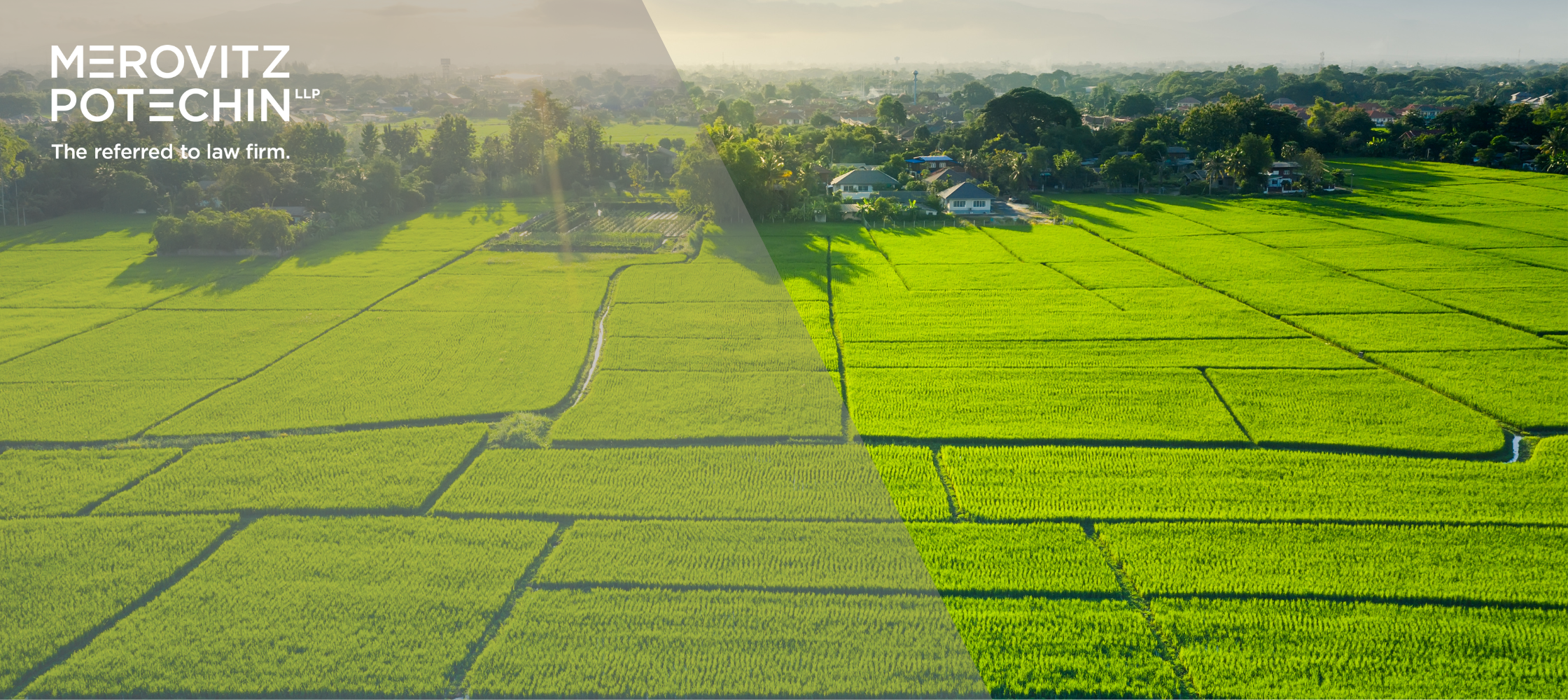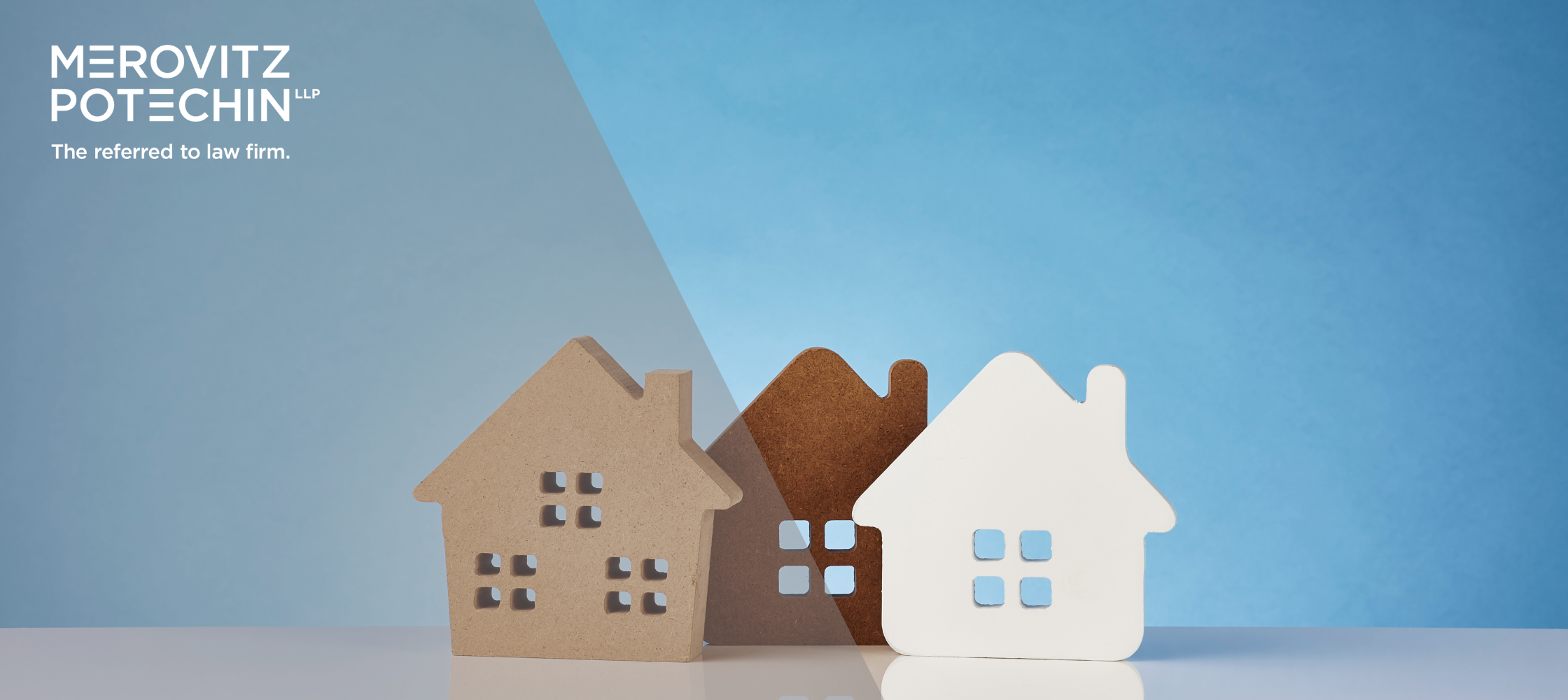Categories
Land Titles Applications for Absolute Title

What is an Application for Absolute Title and Why Should You Care?
An application for absolute title is a process of upgrading a qualifier in a Parcel Abstract (PIN) of title to a property. This upgrade changes the status from Land Titles Conversion Qualified (LTCQ) to Land Titles Absolute Plus (LT+).
Upgrading Title for Subdivision and Condominium Plan Registration
When a developer wants to register a subdivision or condominium plan, the land is often still in LTCQ. This means that the title needs to be changed to LT+. The Land Titles Act does not permit registration of freehold plans of subdivision or condominium plans in the LTCQ system.
Benefits of Absolute Title: Clear and Marketable Title and Clarification of Boundaries
What the application for LT+ specifically does is remove the qualifiers embedded in LTCQ PINs. These qualifiers make title to the land subject to certain interests in land that may exist, in favour of third parties. In the context of the application, the most important factors to consider are the rights that other people may have in the land. These rights can come from possession, prescription, and misdescription.
At the successful conclusion of the application process, an LTCQ PIN will become an LT+ PIN. This change will give full ownership rights under the Land Titles Act (Ontario) and remove all restrictions. This leads to a better title than using an LTCQ PIN, giving landowners more assurance in their property boundaries.
Steps to Complete an Application for Absolute Title [i]
Step 1: Plan of Survey
Start by obtaining a new draft R-Plan (survey) from a surveyor. The surveyor will identify the PINs that require upgrading. They will then create parts on an R-Plan for your client’s interest in each PIN and a part for each third party right in your client’s interest.
The surveyor will determine the extent of your interest and of these third-party interests and depict them on the R-plan. They will do this by looking at legal descriptions, plans, and physical evidence on the ground. The surveyor will also depict encroaching fences, poles and anchors, and structures on the R-plan, which may indicate claims that the LTCQ PIN preserves.
The surveyor’s main goal in this process is to find and address any claims there may be in the land that are based on the qualifiers on the PIN noted earlier – e.g. based in possession, prescription, or misdescription – so they can be foreclosed during the application process.
Step 2: Title Search
Once you have a draft R-Plan you will need to retain a real estate lawyer to review title to the property and adjoining lands and to serve notice on the appropriate parties identified by the survey and the title search.
Step 3: Notice
Proper title review and a determination of appropriate address for service is crucial to a successful application for LT+. As of the date of publishing of this post, the only way for a possessory claimant to keep a claim alive after the completion of the Application for Absolute Title process is through an allegation of deficient service. The Ontario Court of Appeal affirmed this in Mills v. Star Quality Homes Ltd., 1978 Carswell Ont 1278.[i]
Step 4: Application: Pre-Approval Process
After sending the notice, there is a 30-day waiting period for recipients to provide you with any objections. During this period, it is time to prepare the Application for Absolute Title package which will be submitted to the Land Registry Office (“LRO”).
The “pre-approves” the package in advance Comments from the LRO usually take a matter of weeks, but the LRO does not guarantee this timeline.
Step 5: Preparing the Registration Package
Following pre-approval, a LRO officer will send you notice that they have pre-approved your Application. You will usually need to submit a few minor items to support a successful Application.
After that, your real estate lawyer will update the “in preparation” Application instrument, sign and register the Application on title to the land. Certification of the Application will follow along with a new LT+ PIN from the LRO and the upgrade is then complete.
How can we Help?
The comments and guidance in this article are not legal advice. If you or one of your clients would like to convert the title of a property from LTCQ into LT+, we would be glad to assist. Our experienced land development group is ready to help with your clients’ next project.
Please contact our Land Development Group at Merovitz Potechin LLP. We would be pleased to assist you.
[i] According to Catherine Buntain Jeske, formerly of Scarfone Hawkins LLP
Matthew Reardon’s presentation on this topic at the County of Carleton Law Association (CCLA) Solicitors Conference 2023:
The content on this website is for information purposes only and is not legal advice, which cannot be given without knowing the facts of a specific situation. You should never disregard professional legal advice or delay in seeking legal advice because of something you have read on this website. The use of the website does not establish a solicitor and client relationship. If you would like to discuss your specific legal needs with us, please contact our office at 613-563-7544 and one of our lawyers will be happy to assist you.








